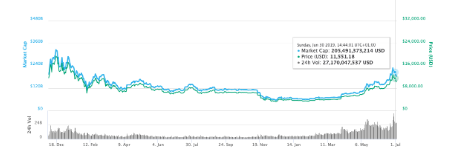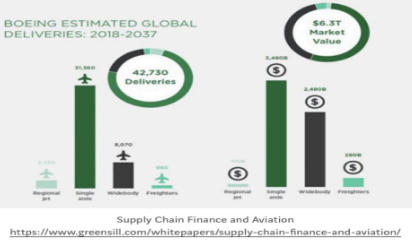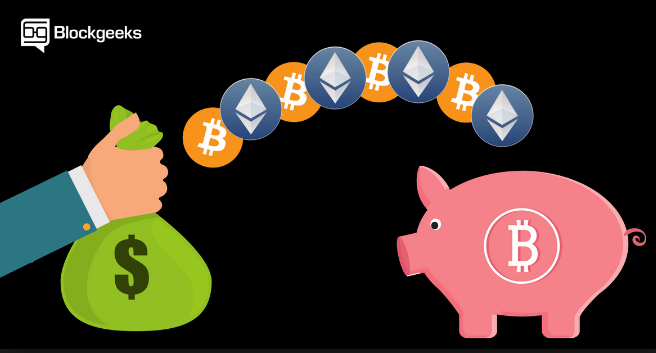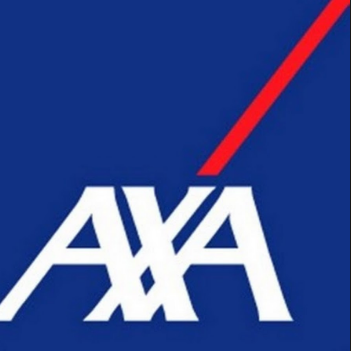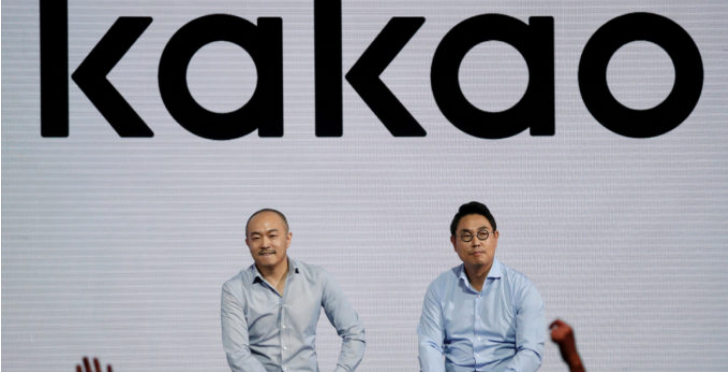 In 2017, Hellman Friedman LLC bought Nets from a consortium of Danish banks for $5.3 billion, and it would appear to have made a rather large loss, as Mastercard has recently acquired Nets for $3.2 billion.
In 2017, Hellman Friedman LLC bought Nets from a consortium of Danish banks for $5.3 billion, and it would appear to have made a rather large loss, as Mastercard has recently acquired Nets for $3.2 billion.The acquisition gives Mastercard access to Nets instant-payment and clearing services and represents Mastercard’s largest purchase to date. According to the former chief market strategist of Ripple, Cory Johnson, Mastercard’s acquisition of Nets “is validation, real-time payments are the coming wave”.
Nets announced back in 2016, that it was establishing a “development lab” with a Blockchain technology firm called Coinify, although, there has been little other mention about the “fruits” from this initiative.
Real-time payments are on the US Fed’s agenda too, as it has announced the launch of “FedNow”, which is aiming to be accessible to all banks, no matter the size, for retail transfers those allowing payments to be processed 24/7. Lael Brainard, Member of the Board of Governors of the Federal Reserve System, said: “They are seeing companies looking to establish a payment system that bypasses banks and fiat currency, Facebook being one among many but the one company with the ability for immediate wide dissemination”.
How much impact Facebook and Ripple have had on the payments sector is difficult to tell, but Blockchain technology would appear to have stirred this “once-sleepy sector” that is such a key part of our global economy into reviewing its services, which as to be no bad thing.
Meanwhile, the big Daddy in the credit card world, Visa, announced that it has joined a consortium of firms to invest $40 million into Anchorage, which offers custody solutions for digital assets. The continued building of new infrastructure like Anchorage is vital. It allows traditional banks and asset managers to engage in this asset class, as they need confidence that some robust systems and providers can support their involvement in this fast-growing sector.


